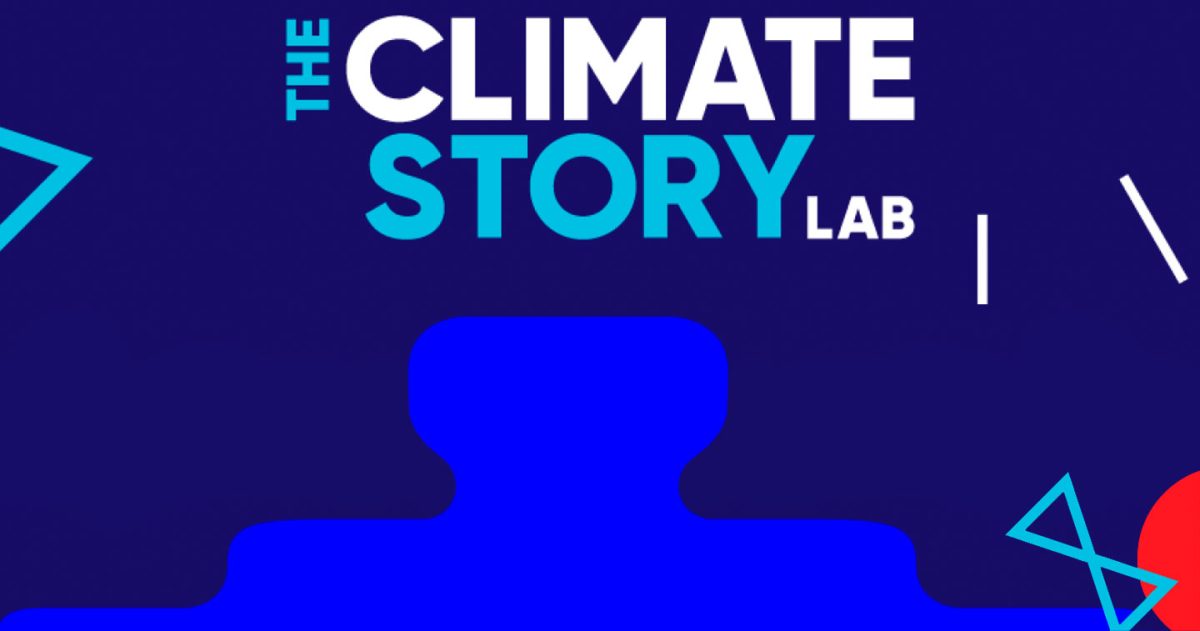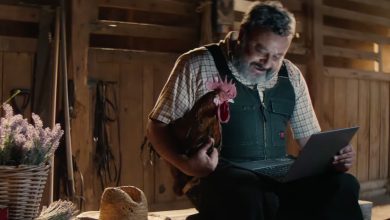QUEZON CITY, MANILA — Local filmmakers shed a spotlight on the climate emergency as a human rights issue that intricately intersects with the rights of women and indigenous peoples’ rights, and the right to health, food, and security, through films.
On the film projects of the first-ever Climate Story Lab, local filmmakers expressed a unifying concern about how the climate crisis directly negatively impacts the lives, livelihoods, and ways of living of the filmmakers themselves and their local grassroots communities.
The Climate Story Lab is an immersive mentorship program organized by the creative group DAKILA and its human rights education institution Active Vista, with the support of the British Council, to support Filipino directors and producers who seek to portray the realities of the climate crisis through films. Using the power of creativity for human rights, the Climate Story Lab elevates storytelling and film production skills, enabling its participants to create impactful works that drive global climate action.
Through its Climate Revolution campaign, DAKILA has long been campaigning alongside environmental advocates for a sustainable future and inclusive climate actions. In 2014, to mark the 1st anniversary of Typhoon Yolanda, DAKILA led the 40-day 1,000-kilometer Climate Walk from Ground Zero in Luneta to Ground Zero in Tacloban. TheClimate Story Lab is one of its creative actions that highlights the real-life effects of the climate crisis. DAKILA’s Climate Campaign lead, Josh Villalobos, is also one of the delegates in the coming 2023 United Nations Climate Change Conference or Conference of the Parties of the UNFCCC (COP 28) in Dubai, United Arab Emirates.
“We believe that addressing the climate emergency is a matter of fundamental human rights,” Villalobos underscored. “We also acknowledge that the climate emergency and all human rights issues are a clash of opposing narratives. This is why DAKILA and Active Vista actively promote the value of storytelling to unveil the devastating effects of climate emergency and demand the national and global leaders to hold carbon majors accountable.”
Forty participants from various regions across the country, with professions ranging from screenwriters, filmmakers, and producers, to educators, artists, cultural workers, writers, development workers, and students. Together, they pitched a total of 15 short films and three full-length projects.
The three-month mentorship will tackle expansive topics with leading environmental experts and advocates serving as resource speakers to deepen the participant’s knowledge and understanding of the climate crisis emergency. Meanwhile, acclaimed filmmakers and media professionals will mentor the participants on the effective use of films for social impact and advocacy stories.
To bring their expertise, best practices, and guidance in media training, the Climate Story Lab is in partnership with Picture People (UK), an international organization that trains people to use visual media and technology to effectively expose human rights abuses, and iMedia (UK), an organization that promotes innovative ways of working with traditional and digital media to tackle challenges presented by climate change, conflict, fragile governance, disease, and poverty. After the training, selected participants will receive grant funding to realize their stories.
“The British Council uses art to spark creativity, innovation, conversations, and actions among individuals between countries. We are thrilled to partner with DAKILA on putting the spotlight on the climate emergency, an issue that affects us all and is very prevalent here in the country,” said Mich Dulce, Head of Arts at the British Council in the Philippines.
“For this to happen, we demand that the government declare a climate emergency to recognize its responsibility in addressing the root causes and disastrous effects of the climate crisis. We call on the government to firmly enact measures that hold big polluters accountable and lead the transition to clean and sustainable energy. It is an urgent duty of all the leaders to help create an inclusive and sustainable future rooted in upholding people’s fundamental human rights,” Josh concluded.








